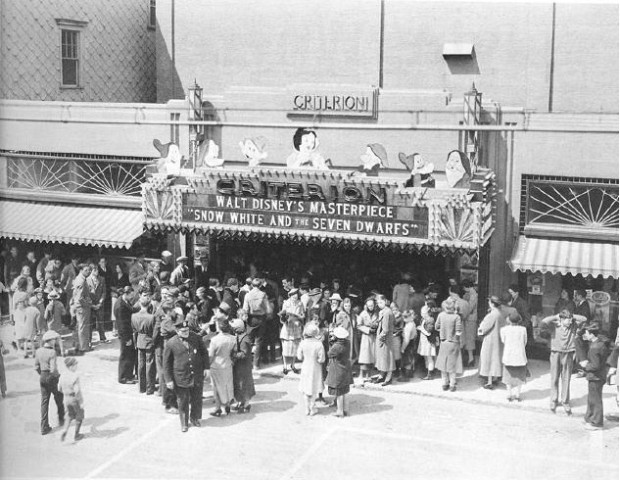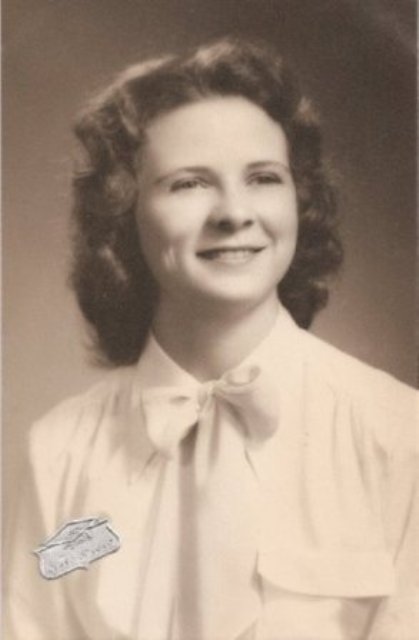INTRODUCTION
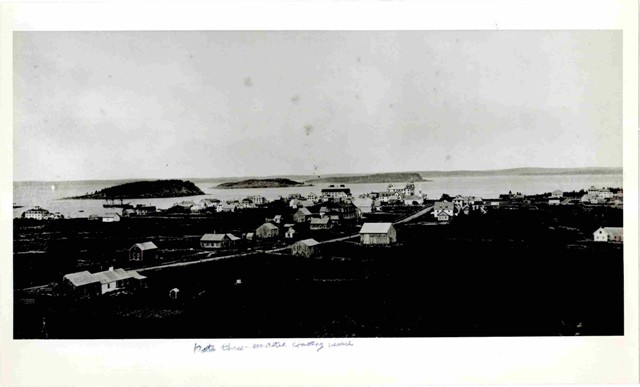
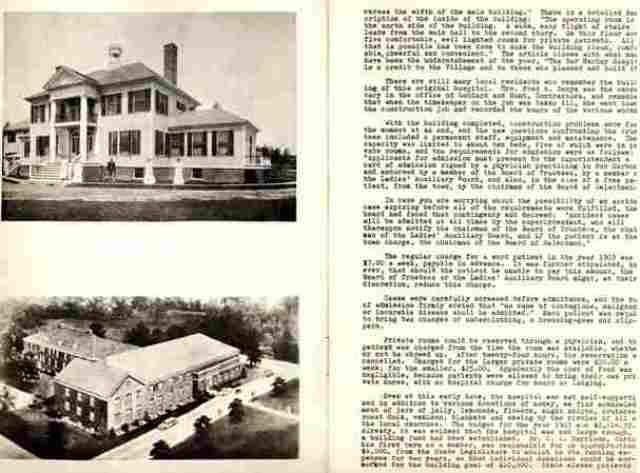
Alice Louise Watson was born on December 8, 1929 in Bar Harbor, Maine at Mt. Desert Island Hospital to parents Gorge and Mary Watson. Alice lived in a one room shack located on the outskirts of Bar Harbor, and she considered her family to be very poor. Growing up during part of the Great Depression was very hard trial for her and her family. She attended Bar Harbor High School was part of the chorus and although she struggled through school, she graduated in 1949. During that time, at age eighteen, she was adopted by the Lymburners but she had lived with them from the time she was in the 7th grade due to an unfortunate predicament with one of her male siblings. She has been married twice in her lifetime: first to my father's father Michael Suluke and then to my grandfather Donald Arthur Spicer. She has six children, twelve grandchildren, and seven great-grandchildren. When she was young, she held jobs like picking blueberries to sell, baby sitting, and serving as housekeeper for people who kindly asked her, and she received very little to no money for her work. Later on in life, she she became a military wife and worked as a daycare giver for about 10 years in the early 1980s. She is a devoted Baptist, and her political views are Republican based. Her hobbies include putting puzzles together, playing solitaire, traveling, watching television, watching movies and watching all major sports teams within Texas on television or at their respective stadiums. As for NBA basketball in Texas, she "LOVES her Spurs." Alice Louise Watson is my grandmother.
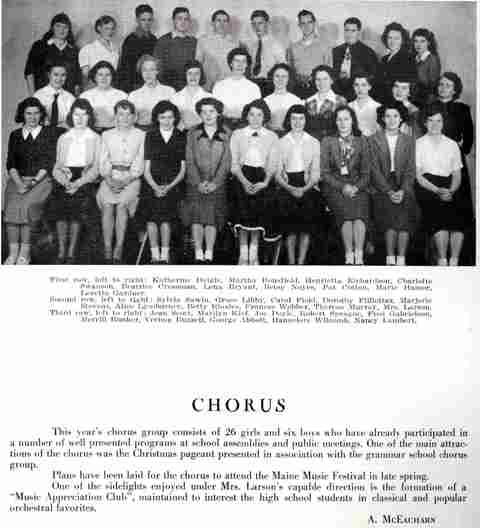
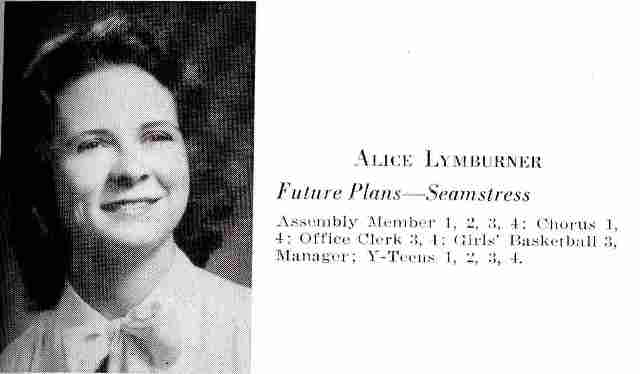
TRANSCRIPTION
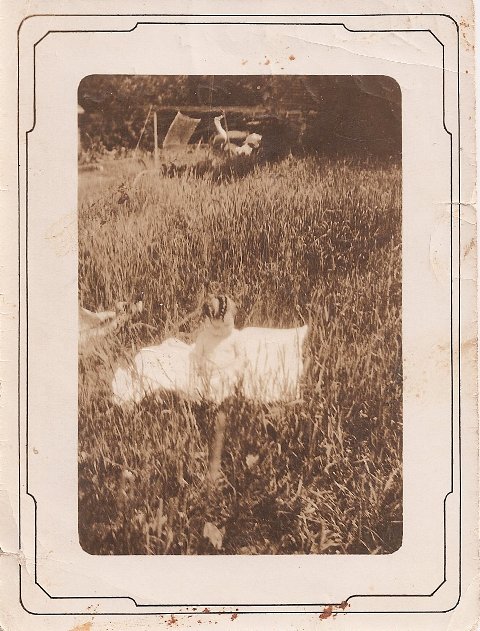
How did you and your family handle the ordeals of The Great Depression?
Video Answer
We were very poor and food for meals was scarce, especially meat. We grew our own vegetables in the back yard and had almost nothing but rice and beans.
What types of jobs did your parents have during that time?
Video Answer
My mother was a housewife and my father was employed by the town. He worked on all sorts of jobs the town needed done for it, such as fixing roads, mowing public yards, and other things laborous.
Did your father have long hours he had to work?
Video Answer
My father would have to get up before dawn because we lived outside of town; therefore, he had to drive into town to get to work, and generally, he would not return home till around suppertime which was around six or seven o'clock. He worked six days out of the week and only had Sundays off. Also he had to work before getting to work during Wintertime seeing as the snow almost would reach about halfway up the houses sides.
What kind of working conditions did your father have to endure?
Video Answer
He had to endure all sorts of conditions from weather to physical strains as well because of all the work he did was manual labor. Since we lived up in the Northeast, he had to endure all seasonal weather from Spring, Summer, Fall, and Winter, with Winter probably being the most troublesome due to the snowfall that would occur during those months and the hassle of clearing it just to get to work.
Were you also working to contribute to the family's earnings?
Video Answer
During the summer months around age ten, me and my sister would go and pick blueberries with a basket to sell along the roadside, but people would have to pick out the blueberries out of the basket so we could go pick more blueberries later. We sold a quart of blueberries for fifteen cents. We used the baskets we put them in to measure the amount of the quart "so when the baskets were full that's how we knew." Also, a man from the general store would buy them as well, but we never did quite find out what he used those blueberries for. I also started babysitting at age ten as well. I really don't remember how much I got paid, but I don't think it was quite much at all.
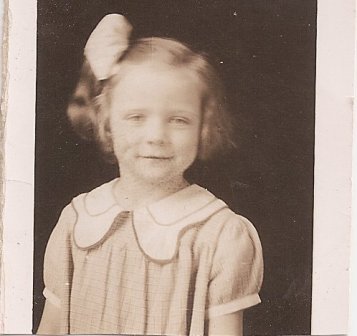
Did your parents finish high school and/or go to college?
Video Answer
Neither parents finished high school. Mother didn't get past the seventh grade and father probably only had a couple of years of high school, but never finished. The main reason for this was that their families so were big back then that when they were old enough to contribute to the families' well being, they got pulled from school to earn money to help the family survive.
Do you remember going to school during that time?
Video Answer
The country school was a mile away from where we lived and during the winter months, it was a task in itself to get there. It was a one room school house with a pot belly stove in the middle and a single teacher that taught everyone in all grades.
What was the difference between the country and Bar Harbor school you attended?
Video Answer
The differences were that the school in town had more students as opposed to the dozen students in the country. It was harder to study with the social interaction of having more children of the same age as me. All grades were taught by a single teacher in the country with a single school house and with the school in town, it had three different school houses with three different teachers to teach their respective grades within.
How hard was it to complete school during those times for you?
Video Answer
It was relatively hard for me to get through school because I was a really slow learner, and I almost got discouraged to continue with school because I didn't like one of my teachers in the town school; she always picked on the kids that were poor and my family was really poor as I stated before.
How were you able to have fun and go see entertaining things as a child?
Video Answer
Video Answer #2
Video Answer #3
I was about five years old and hitched a ride on the milk truck from the country to town, and we would walk around town until there was matinee show on Saturdays and we would see it for free because my father knew the owner and he helped build as well as work on the Criterion Theatre for the owner. The owner was a nice man who did that for us otherwise; I would have never seen a matinee show ever. We saw double features which were no more than an hour long and we'd see a serial. Also parents didn't like some of the shows back then for their children that showed people going into space which many parents consider being utter lunacy.
